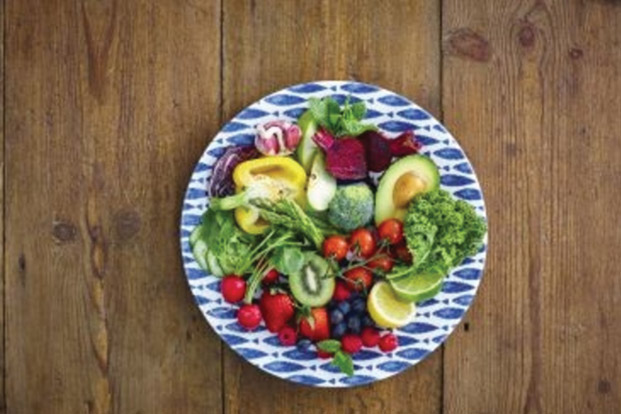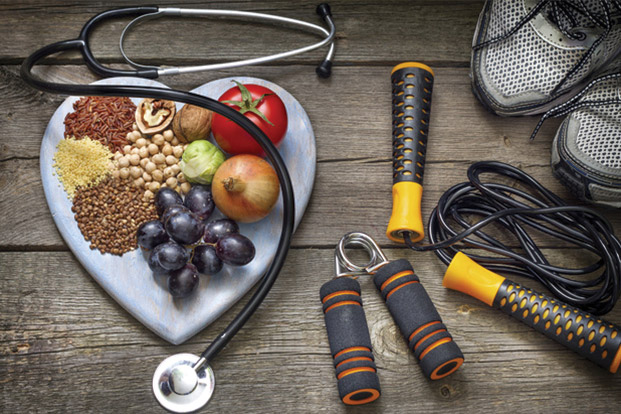10 Diet Tips for Cancer Survivors
Apr 19, 2022
Cancer is abnormal and uncontrollable division of cells. Cancer is mostly in the form of tumors but all tumors are not cancers. Being a cancer survivor is an accomplishment and also makes you be careful about your health. You need to work on your diet, exercise and continuous medical treatment. The right diet and nutrition is a important to ensure that the medication works, the cancer doesn’t get aggravated and that there is no cancer remission. The right and nutrition can sometimes decrease the growth of the cancers too!
Objectives of Nutritional Therapy for cancer patients or cancer survivors:
- To meet the increased metabolic demand of the disease and prevent catabolism as much as possible.
- To alleviate symptoms resulting from the disease and its treatments through adaptation of the food and the feeding process
Calorie requirements for cancer survivors or cancer patients are:
- 20-25kcal/kg-non ambulatory or sedentary patients
- 30-35kcal/kg slightly hyper metabolic :for wt. gain /anabolism
- 40-45kcal/kg hyper metabolic or severely malabsorption patients

10 Food items that inhibit the risk of cancer:
- Vitamin A, Vitamin E, Vitamin C are cancer protective nutrients, beacause of antioxidant properties.
- Vitamin A is found in abundance in liver, egg yolk, milk and in yellow fruits and green leafy vegetables like papaya, pumpkin, spinach, carrot and veggies.
- Vitamin E is present in whole grains , vegetables oils and green leafy vegetables.
- Vitamin C is found in all fruits. Vegetables and sprouted legumes are also reach source of Vit C.
- Phytochemicals from vegetables like cabbage, cauliflower, onions greentea , garlic selenium from whole grain and meat reduce carcinogen activation.
- Dietary fibre from whole grains, fruits like guava, banana vegetables especially leafy vegetables, beans legumes bind carcinogen in the stools. They decrease stool transit time thus reducing the risk of colon and rectal cancer
- Omega-3 fatty acids present in fish ,seeds and soya products. Phytic acid from soya bind carcinogens in the intestinal tract.
- Protein rich products helps in anabolism during treatment.
To reduce the risk of cancer one should reduce fat intake and include more high fibres like fruits vegetables and whole grains cereals,legumes ,antioxidants rich food . Reduce alcohol and tobacco consumption, smoking and avoid the use of salted ,cured smoked or nitric cured foods.









